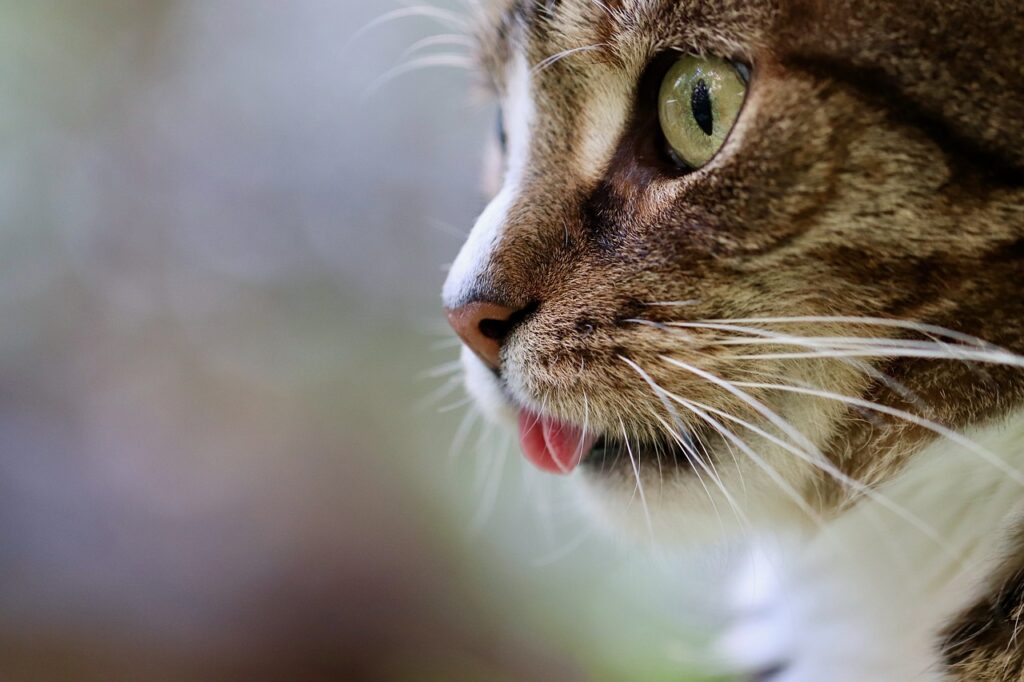Can Cats Eat Mushrooms? – No, They Can’t
When it comes to our feline friends and their diets, the question often arises – can cats eat mushrooms? The direct and simple answer is no. Mushrooms, particularly the varieties we find in the wild, can be highly toxic to cats. While some store-bought variants may be non-toxic, it’s generally recommended to keep cats away from any form of mushrooms due to the potential risks they pose.
Is It Safe for Kittens to Consume Mushrooms?
For the little ones in the feline world, their bodies are even more sensitive. Thus, it is equally, if not more important, to ensure that kittens do not consume mushrooms. Their developing digestive and immune systems are not well equipped to manage any possible toxins from mushrooms.
Risks Associated with Feeding Mushrooms to Kittens
Kittens are curious by nature, and ingesting mushrooms can lead to a range of health complications, some of which could be severe or even life-threatening. The potential dangers include gastrointestinal upset, toxins affecting the nervous system, and in some cases, organ failure if the mushroom is highly toxic.
Why Mushrooms are Not Recommended for Cats
Allergic Reactions
Cats can have allergies just like humans, and mushrooms can be a trigger for allergic reactions in some cats. Allergic responses can range from mild with symptoms like itching and discomfort, to severe, where there is difficulty breathing or anaphylaxis.
Unknown Toxicity Levels
The major concern with mushrooms is the toxicity level. Many wild mushrooms are toxic, and it can be difficult to distinguish safe varieties from dangerous ones. Symptoms of mushroom poisoning can vary, but they often cause severe gastrointestinal distress and can affect the liver and kidneys.
Indigestible Components
Some components found in mushrooms are difficult for cats to digest. These can cause gastrointestinal upset, including vomiting and diarrhea. Cats are obligate carnivores, so their digestive systems are not designed to handle certain plant materials.
Known Health Issues in Cats from Consuming Mushrooms
Ingesting mushrooms can lead to health issues ranging from mild to severe in cats. Health issues could include vomiting, diarrhea, lethargy, jaundice, seizures, and abnormal heart rhythms. In more severe cases, liver and kidney damage could occur, which may be irreversible or fatal.
What to Do If a Cat Has Consumed Mushrooms?
- Immediate Veterinary Attention: If you suspect or know that your cat has eaten mushrooms, the best course of action is to seek immediate veterinary care, as timeliness can be critical.
- Information Gathering: Provide the vet with as much information as possible about the mushrooms consumed – if it’s possible to take a sample of the mushroom with you, that could aid in your cat’s treatment.
- Monitoring and Supportive Care: After any necessary emergency treatment, closely monitor your cat for further symptoms and provide supportive care as recommended by your veterinarian.
Safe Alternatives to Mushrooms for Cats
Looking for safe and healthy treats for cats can be challenging. Stick with commercially prepared cat foods and treats, which are specifically designed to meet their dietary needs. Some safe human foods that generally are fine in small amounts, when given in moderation, include cooked lean meats, certain vegetables like zucchini, and plain cooked pumpkin.
Conclusion
To sum up, while mushrooms might seem like a harmless addition to your cat’s diet, they should be avoided to ensure the safety and health of your furry companion. With a variety of cat-friendly foods available, there’s no need to take the risk with mushrooms. Keeping your cat’s diet clear of potentially harmful foods like mushrooms is a straightforward way to help maintain their health and wellbeing.



